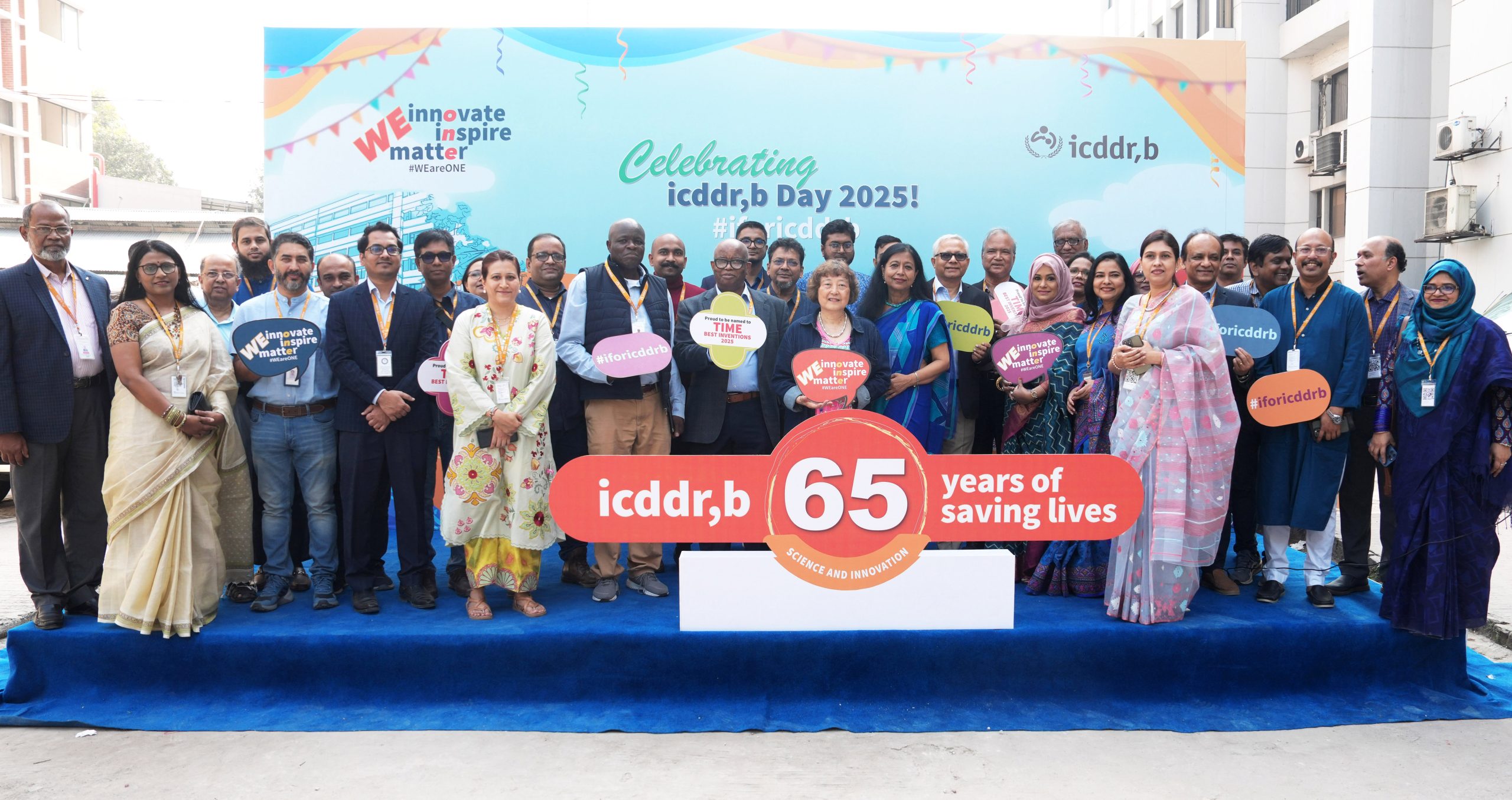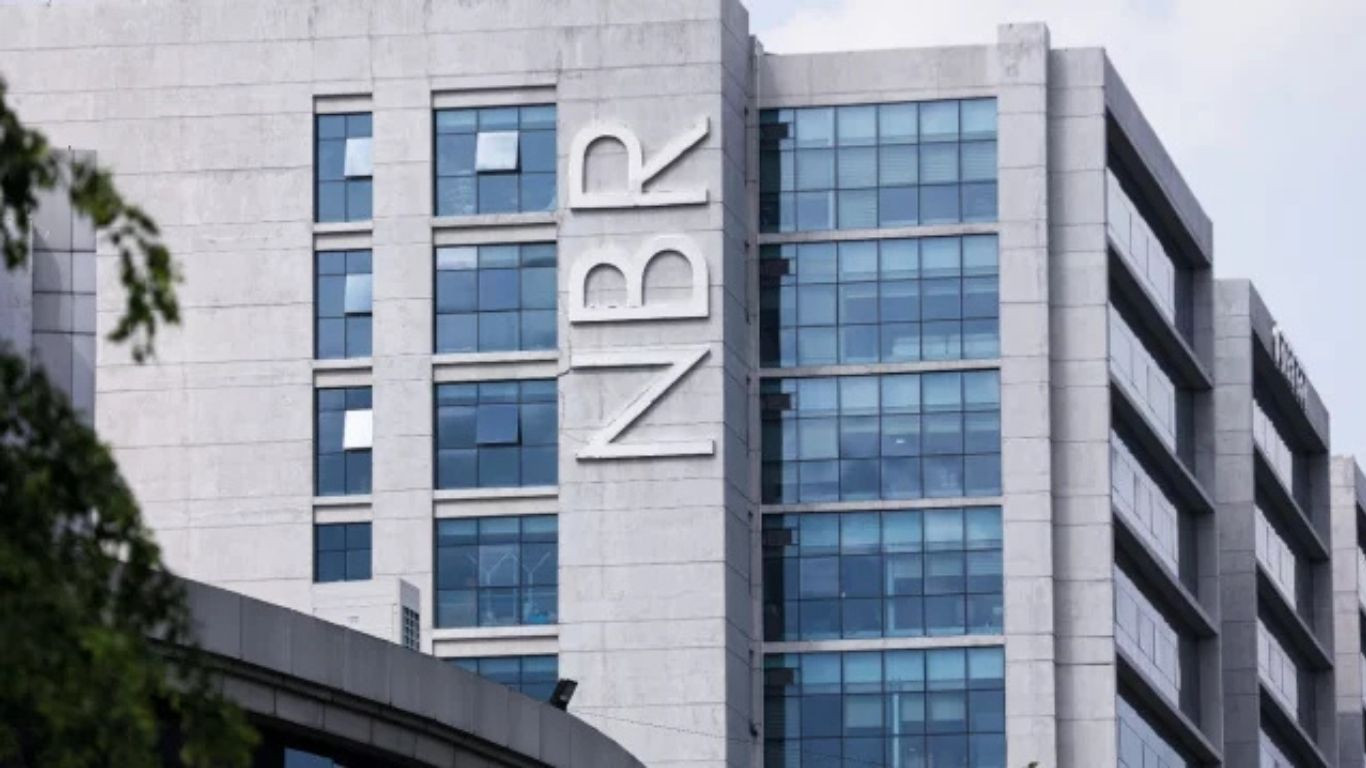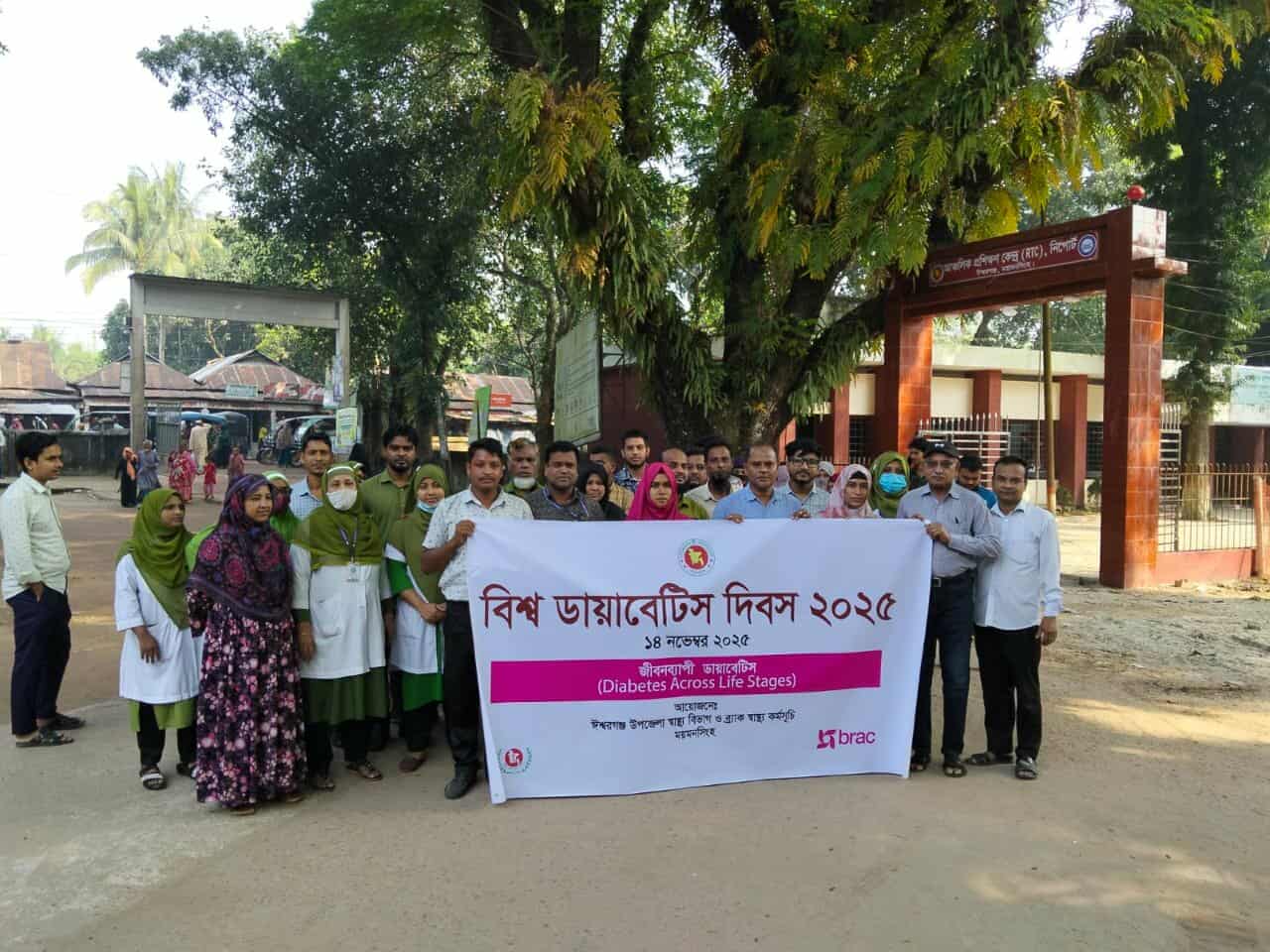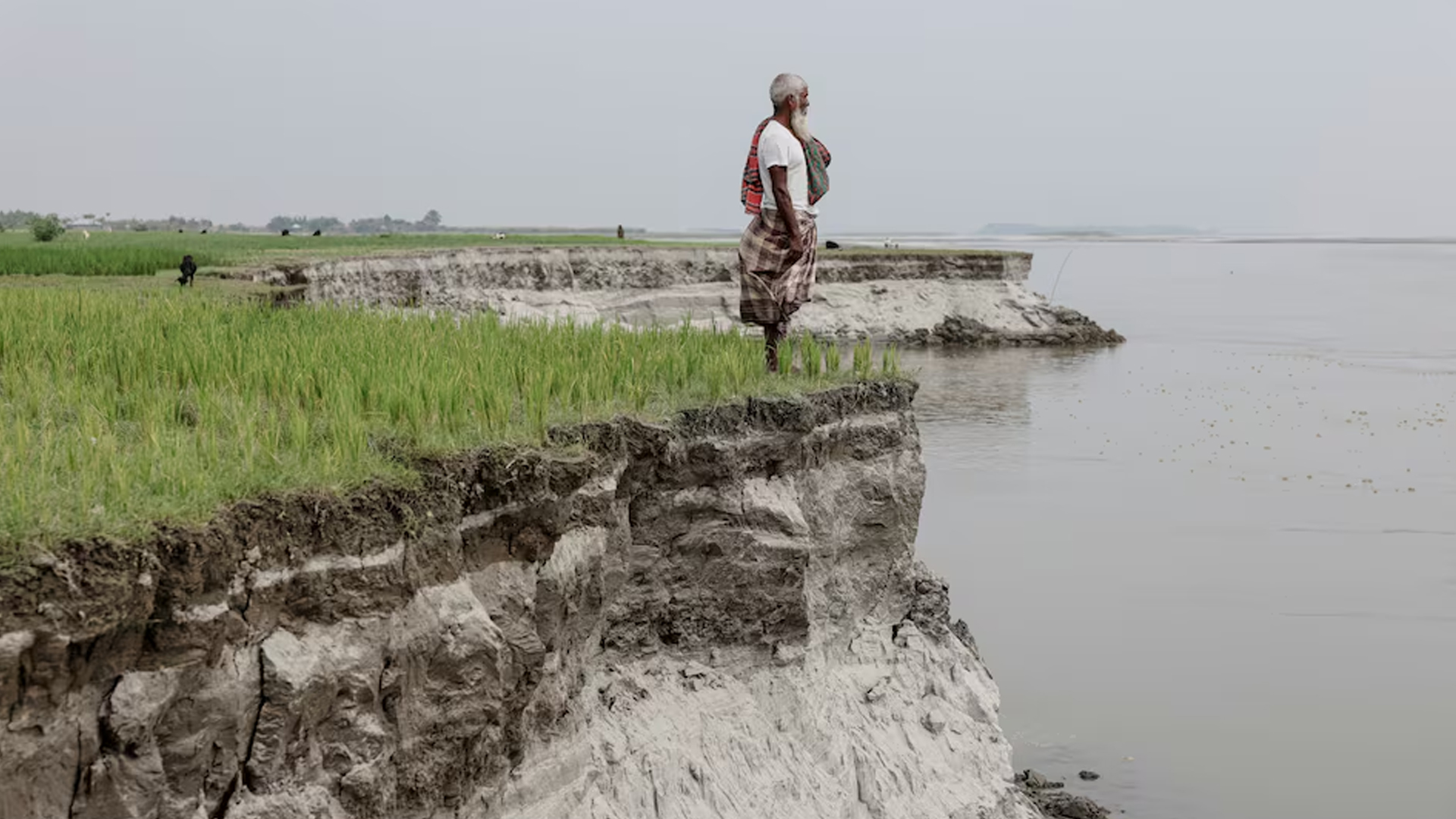184,000 Cancer Patients Diagnosed Annually in Bangladesh — Timely Tests and Awareness Can Save Thousands of Lives

Every year, nearly 200,000 people in Bangladesh are newly diagnosed with cancer. Experts say tackling this alarming situation requires timely screening, greater public awareness, and equitable access to healthcare facilities across regions. They emphasize that most cancers are treatable if detected early.
At the closing ceremony of the two-day “Bangladesh International Cancer Congress” held at the National Press Club in Dhaka, specialists described cancer as a “silent crisis” in the country. They warned that late diagnosis, inadequate medical infrastructure, and treatment inequality are leading to a rising death rate.
The event was organized by Oncology Club Bangladesh, where local and international physicians and researchers shared insights on cancer prevention and affordable treatment strategies.
Current Situation of Cancer in Bangladesh
- According to experts, around 184,000 new cancer cases are identified each year.
- However, the country currently has only 29 active radiotherapy units, far too few for the growing number of patients.
Consequences:
- Increased mortality risk due to delayed treatment.
- Sharp inequality between urban and rural healthcare access.
- Rising medical expenses leading many patients to abandon treatment.
Experts’ Key Messages
- Prevention is the best cure — Early detection offers the highest chance of recovery.
- Regional cancer centers are urgently needed to ensure treatment accessibility for all.
- Regular screening and referral networks can identify many cases at an early stage.
- Cancer treatment is expensive — Government support and expanded insurance coverage are essential for low-income patients.
- Public awareness, research, and training are vital for long-term progress.
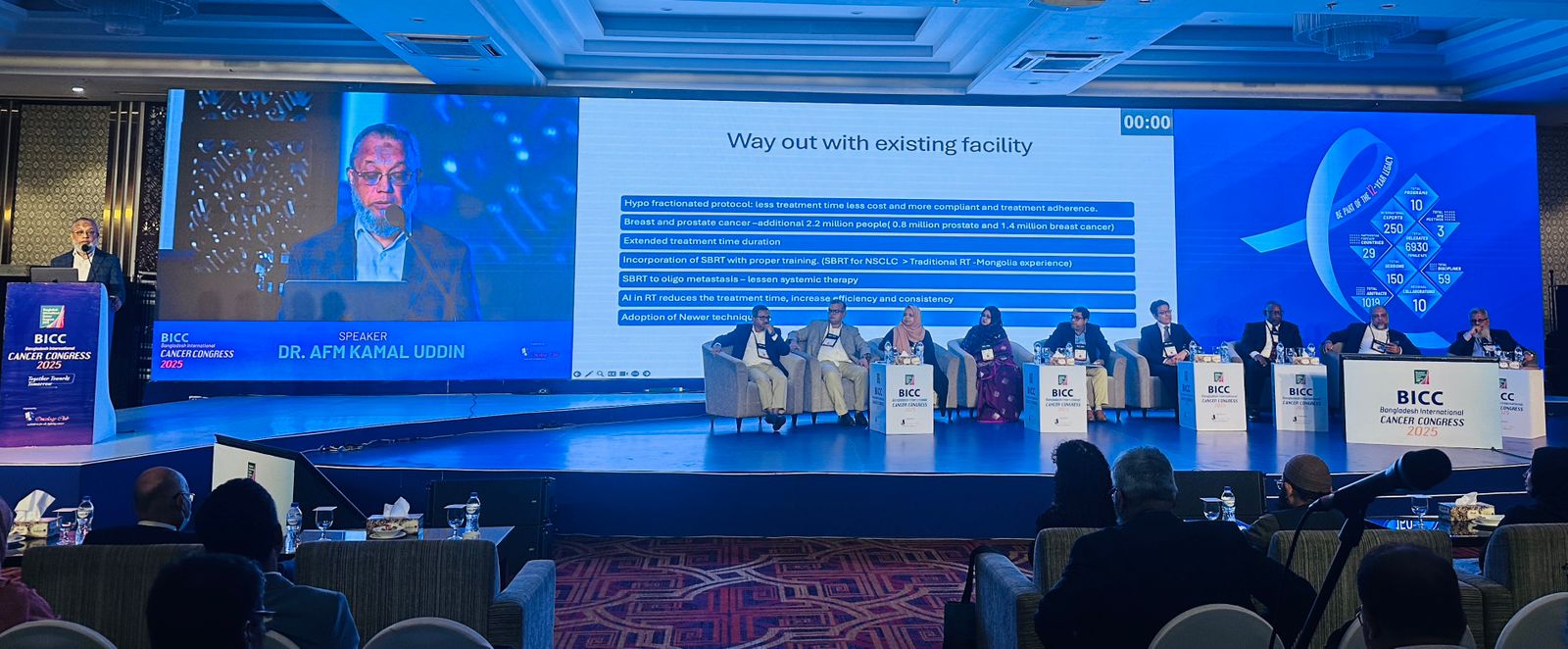
Essential Steps for Cancer Prevention
Regular Checkups:
At least one full-body checkup each year, especially for those at risk of breast, cervical, lung, or colon cancer. Extra vigilance is needed for individuals with a family history of cancer.
Healthy Lifestyle:
Avoid tobacco and alcohol, maintain a balanced diet, and engage in regular exercise.
Reduce stress and ensure adequate sleep.
Raising Awareness:
Organize local health camps and information sessions in schools and colleges.
Run media campaigns and set up basic counseling centers.
What the Healthcare System Must Do
- Establish modern radiotherapy and chemotherapy units in every division.
- Introduce referral protocols in district and sub-district hospitals.
- Increase the number of trained professionals in radiation oncology and medical physics.
- Update the National Cancer Registry to enable data-driven planning.
International Collaboration
Doctors and researchers from the United States, United Kingdom, India, and Singapore attended the congress.
They emphasized that collaborative research, specialized training, and technology transfer can help Bangladesh advance its cancer treatment capacity.
Participation and Scale
The two-day congress featured 16 sessions and 31 research papers, with nearly 1,200 doctors, researchers, and healthcare professionals in attendance.
Discussions and case studies focused on finding practical and affordable solutions suitable for Bangladesh’s healthcare context.
Future Plans
- Establishing additional radiotherapy units in every division within one year.
- Creating a screening roadmap and follow-up system for high-risk patients.
- Enforcing strict quality assurance (QA) and safety protocols for equipment.
- Launching insurance and financial support packages to make treatment affordable.
Experts stress that awareness and prevention must now be top priorities to combat cancer. By strengthening prevention, screening, affordable treatment, and workforce training, Bangladesh can bring the cancer crisis under control.
Timely testing, public awareness, and equitable healthcare access are the keys to saving thousands of lives.
#CancerPrevention #HealthAwareness #BangladeshHealth #OncologyClub #SarakhonReport



